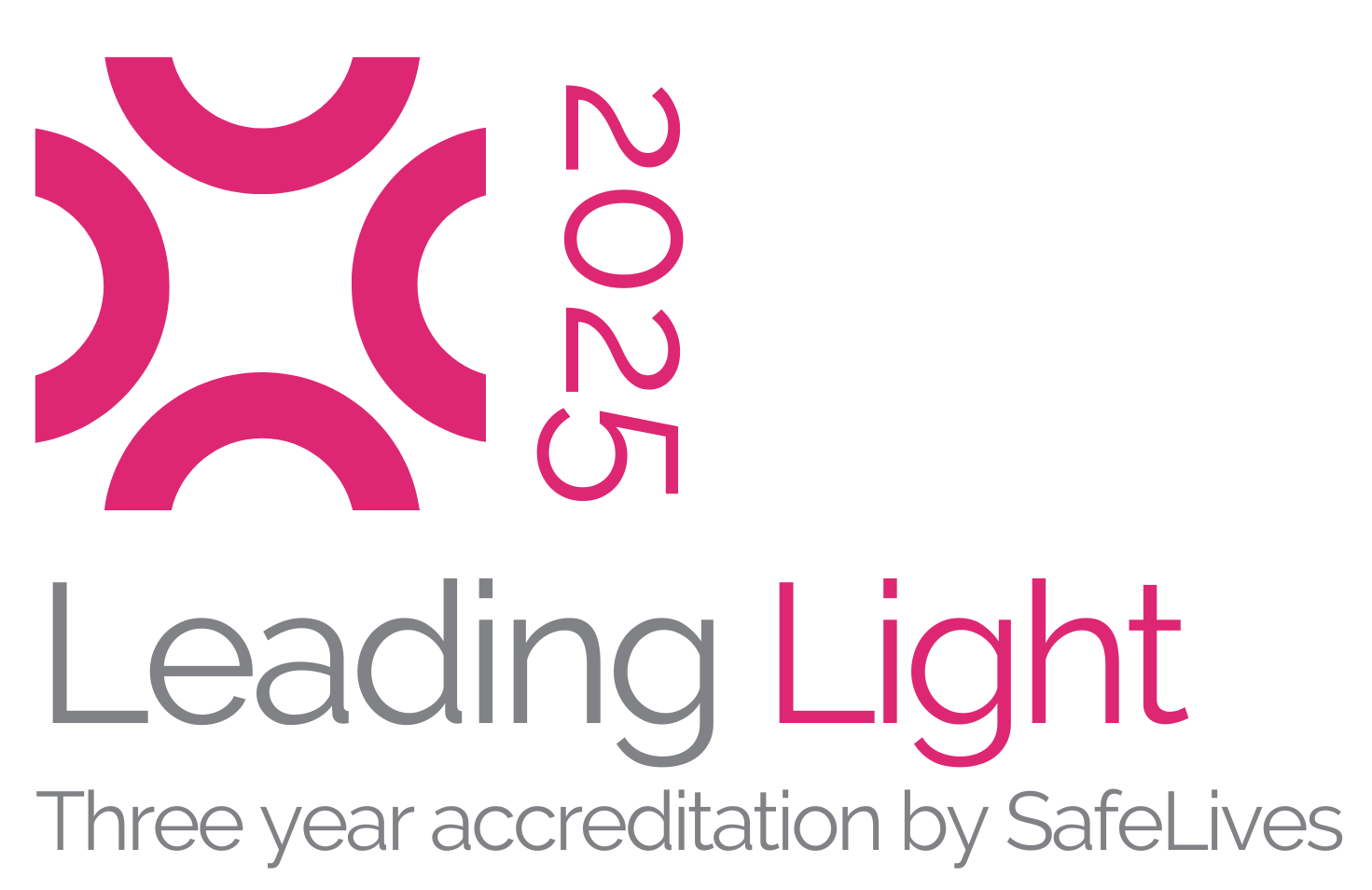Understanding domestic abuse is complicated,
but at its most basic:
‘Domestic abuse’ applies if:
- both individuals are each aged 16 or over,
- and are ‘personally connected’ to each other,
- and the behaviour is ‘abusive’.
Behaviour is ‘abusive’ if it consists of any of the following:
Violent or threatening behaviour
Controlling or coercive behaviour
Psychological abuse
Emotional abuse
Economically abusive* behaviour
Harassment and/or stalking
Online or digital abuse
Emotional abuse
Additionally, behaviour is abusive even if it is directed at someone else, such as a victim’s child. These definitions are crucial when it comes to understanding domestic abuse, and they help identify the various forms of domestic abuse and the broad scope of abusive behaviours.
*From the Domestic Abuse Act 2021 legislation: ““Economic abuse” means any behaviour that has a substantial adverse effect on one’s ability to—
(a) acquire, use or maintain money or other property, or
(b) obtain goods or services.”
What does ‘personally connected’ mean?
Two people are “personally connected” to each other if;
They are, or have been, married to each other
They are, or have been, civil partners of each other
They are or have been married
They each have/had a parental relationship in relation to the same child
They are, or have been, in an intimate personal relationship with each other
They are relatives
WHAT ARE MY RIGHTS AS A VICTIM OF DOMESTIC ABUSE? – click here
HONOUR BASED ABUSE – this is a crime or incident committed to protect or defend the ‘honour’ of a family or community. Click here for further info and how to report it.
Recognising domestic abuse
No two domestic abuse cases are exactly the same, however there are traits and behaviours that are common in abusive relationships. Recognising and being able to spot these factors can be an important first step in understanding domestic abuse, and preventing and stopping it. This can then help you figure out if you, or someone you know, are in an abusive relationship.
It’s not uncommon for abusers to come up with reasons for their behavior that might make you question your feelings. These might be along the lines of “I was having a bad day” or “I was just messing around.”
If you find yourself often wondering, “Is my relationship healthy?” it could be a sign that something isn’t quite right.
Keep in mind that abuse isn’t just physical harm. Healthy relationships should feel safe and nurturing, rather than controlling or damaging. Always trust your instincts and prioritise your well-being.
Effectively understanding domestic abuse is extremely complicated, and it’s not always obvious when abuse is occurring. If you’re unsure about your relationship, read our page on healthy and unhealthy relationships.
Frequently Asked Questions
Unfortunately, we are not an emergency service and are not available 24/7.
Always ring Greater Manchester Police on 999 if you’re in need of urgent help or are in danger.
Safe in Salford’s helpline & services are open Monday to Friday, 9am to 5pm.
You can use the contact form below at any time and we will respond to you during opening hours.
Yes, all correspondence, in-person or over email or phone, is treated as completely confidential.
We will break confidentiality in cases where there is risk, danger, or criminal activity involved
Yes, when contacting us, please tell us whether you would prefer to discuss your situtation face-to-face, and we will facilitate this for you.
Yes, simply fill out the contact form below, send an email to info@safeinsalford.org.uk or ring us on 0161 793 3232
Unfortunately, we can only provide domestic abuse support in Salford.
You can get help from local services, press the button below to access Women’s Aid’s Local Service finder
Yes, Safe in Salford offers support for children and young people affected by domestic abuse in their families helping them in forming positive, healthy relationships.
Support can also be offered to young people displaying harmful behaviour in their own relationships.
Supporting someone experiencing domestic abuse can be difficult and complicated, please click the button below to read our advice on supporting someone.
Yes, Safe in Salford also provides confidential, non-judgemental Perpetrator Support for those who recognise their abusive behaviour as a problem and want to work on developing healthy relationships.
Yes, Safe in Salford is completely LGBTQ+/trans inclusive, and we will treat you and your identity with the utmost respect.
The “Get Help Now” section of our website contains information and resources for learning more about domestic abuse, please click the button below view it.
Leaving an abusive relationship can be very risky, our support workers can advise you on how to approach this. You can also refer to Women’s Aid’s article on this by clicking the button below.
Contact us
Talking to someone about how you feel can be the first step to getting the right support.



